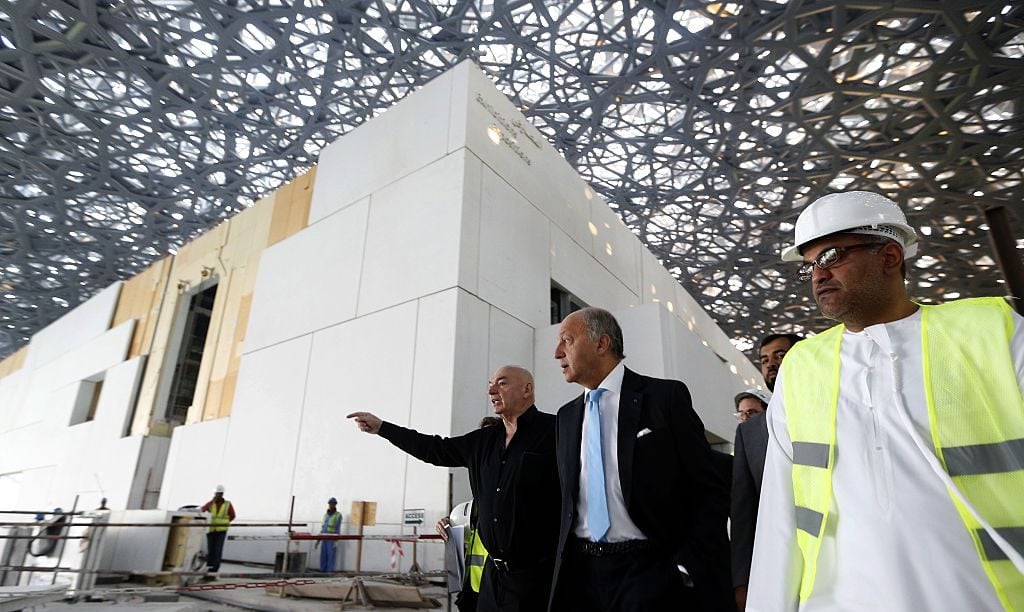Art World
Abu Dhabi Will Pump Another $6 Billion Into Its Culture Industry as It Looks to Transition Its Economy From Oil to Tourism
The city is already home to the Louvre Abu Dhabi, which opened in 2017.

The city is already home to the Louvre Abu Dhabi, which opened in 2017.

Sarah Cascone

The city of Abu Dhabi has announced plans to spend $6 billion in the next five years on the cultural and creative industries, adding to the $2.3 billion the government has already committed to the sector.
The post-pandemic stimulus is part of an ongoing effort to diversify the emirate’s economy, which has been largely dependent on oil.
“In terms of growth, we know creative industries are going to be a major contributor to GDP here in Abu Dhabi,” Mohamed Al Mubarak, who chairs the Abu Dhabi department of culture and tourism, told the Financial Times.
The capital of the United Arab Emirates, Abu Dhabi hopes to compete with Dubai, which has long been the nation’s cultural hub. Abu Dhabi is focusing much of its cultural efforts on Saadiyat Island, where the Saadiyat Cultural District is set to be completed by 2025.
The district is already home to the Louvre Abu Dhabi, which opened in 2017 and has made a number of high-profile acquisitions over the past year.
It will also house the long-delayed Guggenheim Abu Dhabi, designed by Frank Gehry, the Zayed National Museum, dedicated to Sheikh Zayed, the U.A.E.’s founder, and two other planned museums.
In 2019, the city green-lit a $13.6 billion stimulus package. A “substantial portion” of the new funds, according to the FT, will go toward building the Saadiyat Island museums. The money will also be invested in music, media, gaming, and cultural heritage.
Efforts to expand the cultural sector in Abu Dhabi have come under fire, however, from human rights activists and labor organizations who have been critical of migrant workers’ conditions.
Protests over the Guggenheim project were followed by a work stoppage, but Mubarak expects a new contract for additional construction to be signed soon.
Abu Dhabi hopes to add 15,000 jobs to its cultural sector, which currently employs 20,000 people, over the next four years. To attract international workers, the U.A.E. has introduced special visas for skilled workers.
“If you are an artist, you will have the opportunity to flourish in the most economically effective way,” Mubarak said.